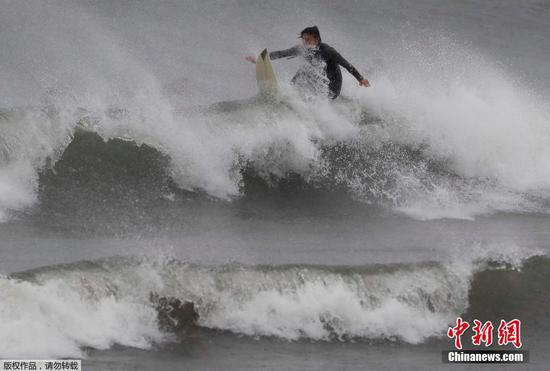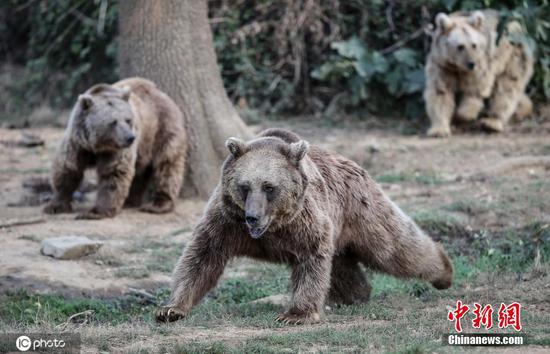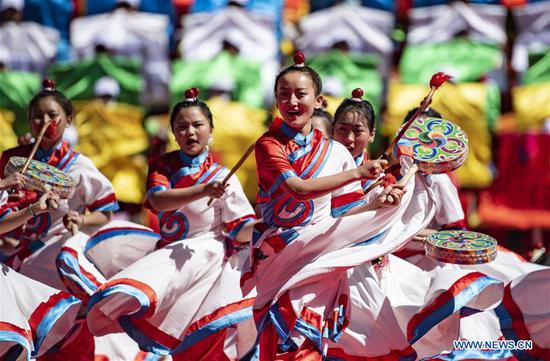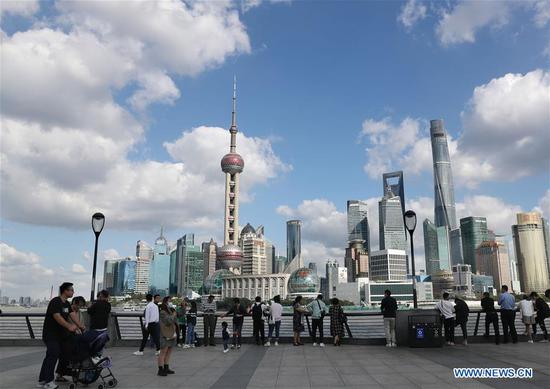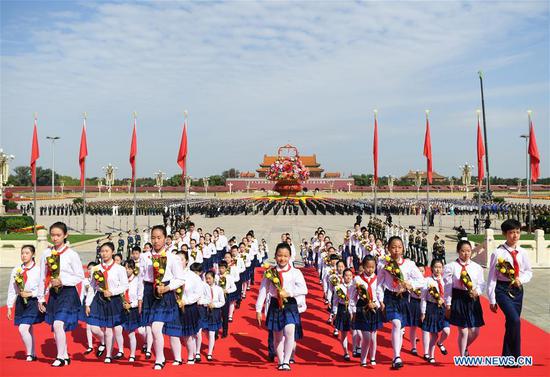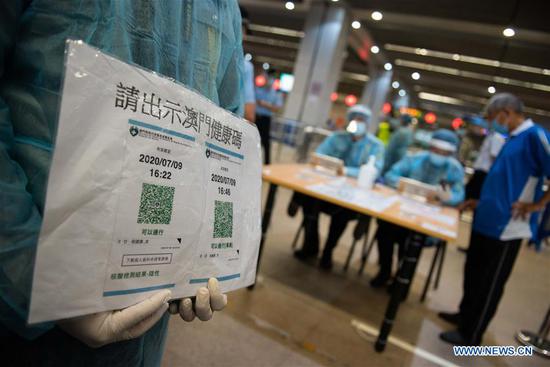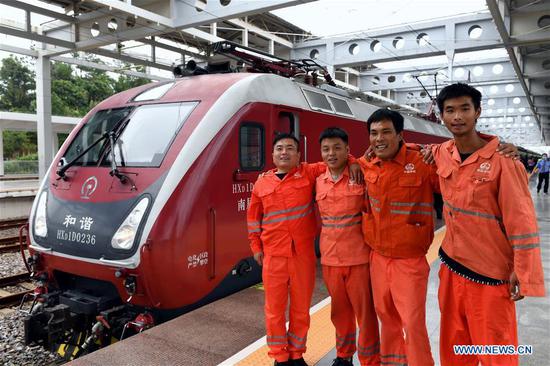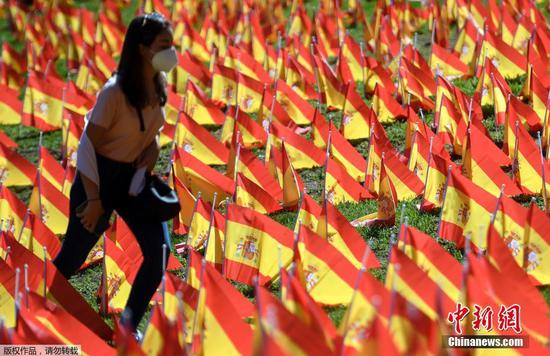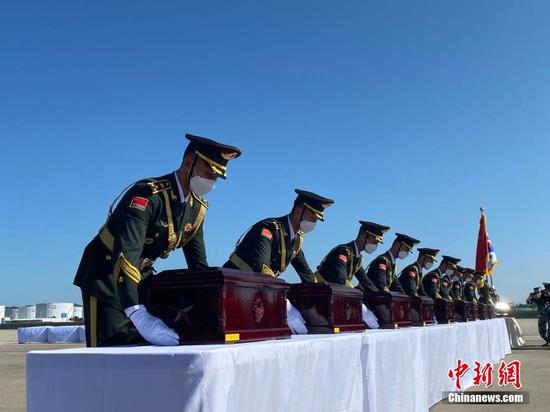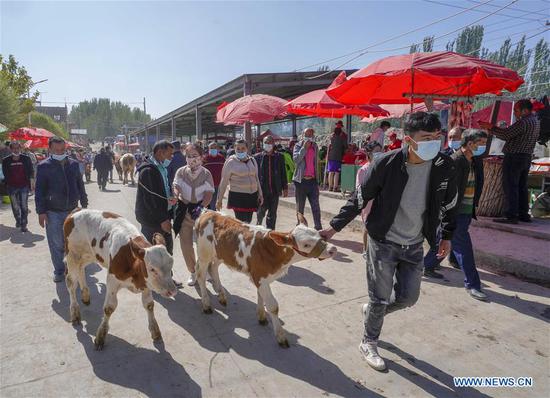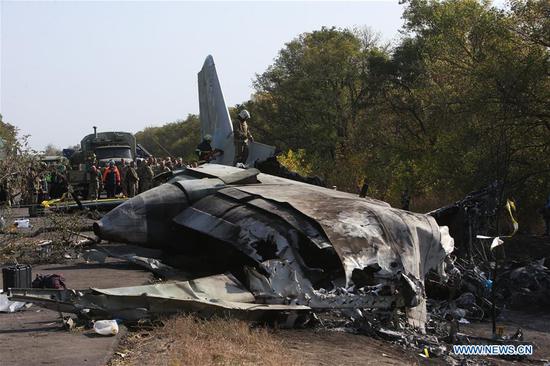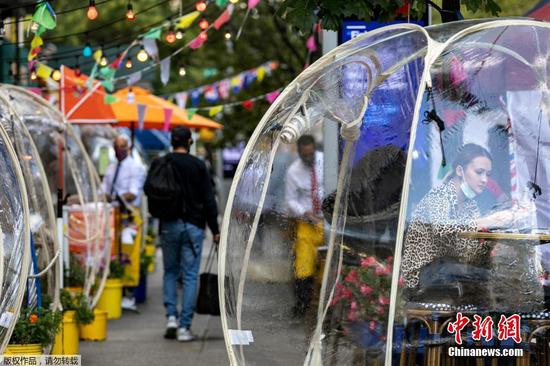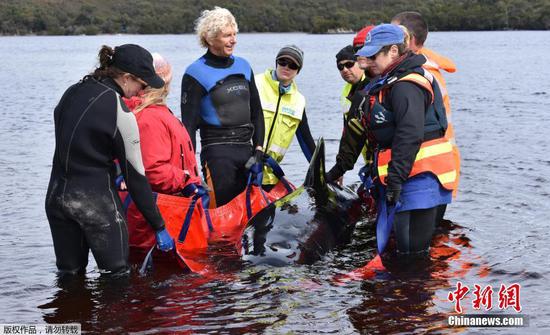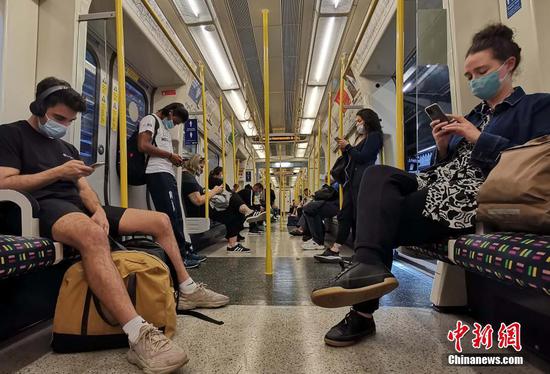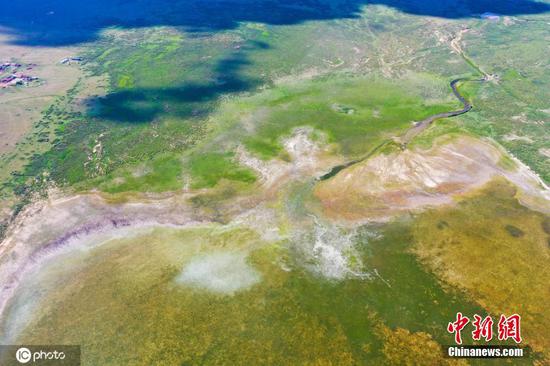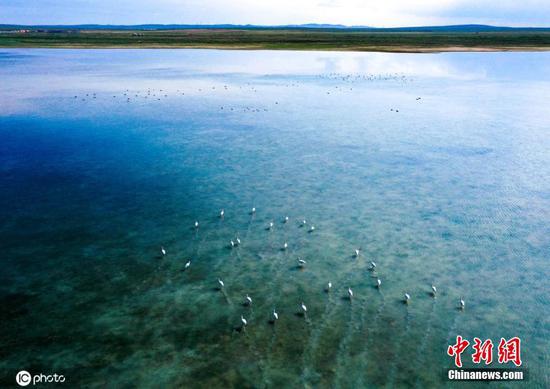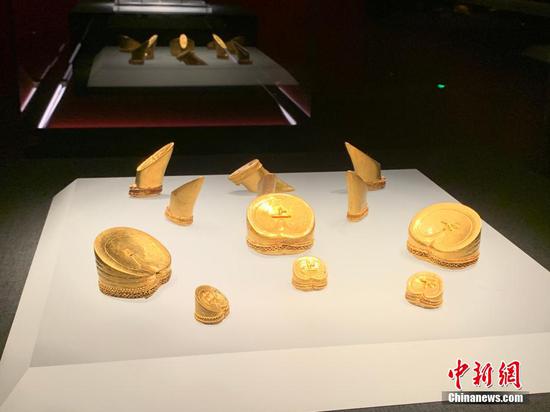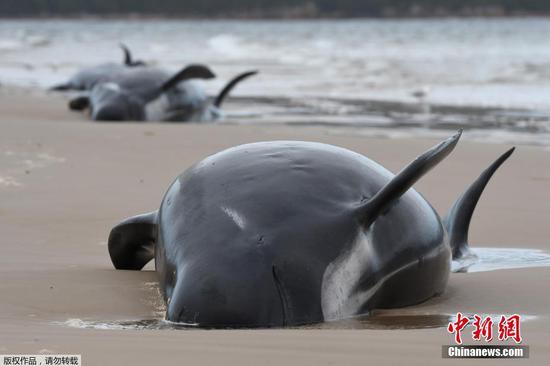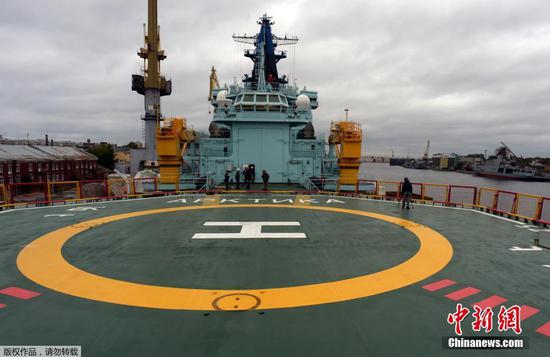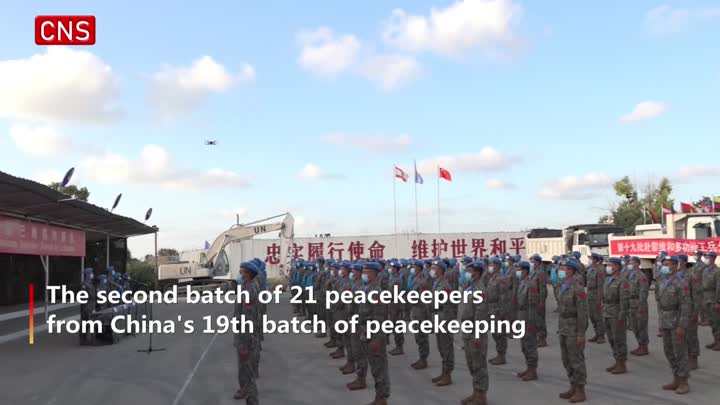Chinese State Councilor and Foreign Minister Wang Yi arrived in Cambodia on Sunday for a two-day official visit, during which the two countries are set to sign a landmark China-Cambodia free trade agreement (FTA) among other important bilateral documents. The FTA is hailed by observers as cementing the two sides' friendship in the post-COVID-19 era and paving the way for increased security cooperation.
The FTA - the first such deal between Cambodia and a foreign state - will benefit both sides as it is in line with the complementary nature of the two economies. It is expected to inject significant impetus to the economic recovery for the virus-affected Cambodian economy and lay a solid economic and trade foundation which the two sides could use to progress to a higher level of security cooperation, analysts said Sunday.
According to a press release handed out by the Cambodian Ministry of Foreign Affairs and International Cooperation on Friday, Wang will pay a courtesy call on Cambodian Prime Minister Hun Sen and meet with Deputy Prime Minister and Foreign Minister Hor Namhong to discuss bilateral cooperation in various fields as well as regional and international issues of common interests and concern.
The signing of the Cambodia-China Free Trade Agreement (CCFTA) and two other important documents regarding a project to improve a hospital and development of sewage systems in Preah Sihanouk province are also expected during Wang's visit, according to the press release.
These documents reflect that Beijing's strong support for Phnom Penh touches not only trade and the economy, but also other areas of livelihood improvement including public health management and environmental protection, Chen Xiangmiao, a research fellow at the South China's Hainan Province-based National Institute for South China Sea Studies, told the Global Times on Sunday.
Chen dismissed Western media hype that described Phnom Penh's "over-reliance" on China which serves as a proxy to force countries to choose sides in the Beijing-Washington rivalry. "Practical cooperation between China and its close neighbors should not fall in U.S. Cold War mentality underlined narratives. China has never forced and will never force any nation to take sides," Chen said.
"When countries like Cambodia are in need, China offers a helping hand while the U.S. stands idly by armed with pressure and threats," Chen said.
Wang's trip to Cambodia is the first stop of his four-nation tour to Southeast Asia. He will go on to pay official visits to Malaysia, Laos and Thailand with a transit stop in Singapore.
Wang's tightly scheduled visits to ASEAN members are necessary, because China's better engagement with its close neighbors in the region has become increasingly important against the backdrop of the intensifying rivalry with the U.S., Shi Yinhong, director of Center for American Studies at Renmin University of China, told the Global Times on Sunday.
Shi noted that Beijing needs to take many factors into consideration such as the devastating impact of the pandemic on ASEAN members' industry chains and the dire challenges of rebuilding them, as well as the recently complicated South China Sea disputes, as it is working on optimizing its diplomatic approaches to improve, maintain and further develop relations with the bloc.
Both Chen and Shi suggested that Beijing should help Phnom Penh establish a more market principle-based investment environment, alongside the free trade pact, to ensure the quality of cooperation projects and their local reputation, in order to better facilitate Cambodia's development and avoid anti-China sentiments in the region.
Observers also anticipated that Wang would offer to provide Chinese vaccines to combat the novel coronavirus in the region and convince conservative forces in the region that China will not follow the U.S. in asking them to pick a side.
"Close China-ASEAN economic engagement would lead the world's economic recovery in the post-COVID-19 era and discussions on a regional public health management mechanism will be mentioned during the high-level diplomatic interaction," Chen predicted.
China-ASEAN ties were further strengthened during the pandemic crisis, Xu Liping, director of the Center for Southeast Asian Studies at the Chinese Academy of Social Sciences in Beijing, told the Global Times on Sunday.
Specific disputes related to islands and reefs in the South China Sea will be mentioned during Wang's visits, especially in Malaysia, and such talks will be conducted in a pragmatic fashion. The China-ASEAN goal of wrapping up a "code of conduct" for the South China Sea by 2021 will not be shaken by individual incidents or factors, he said.
RIGHT BG










